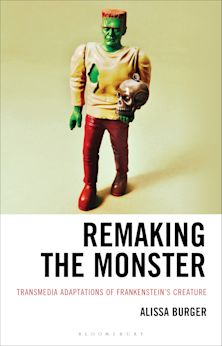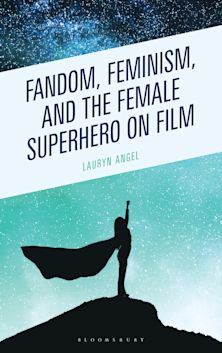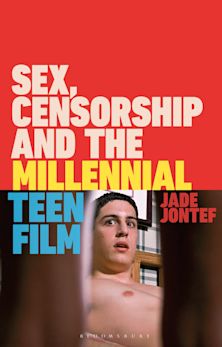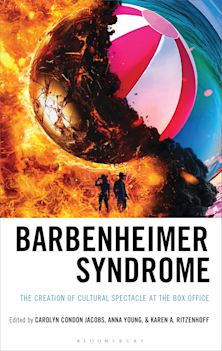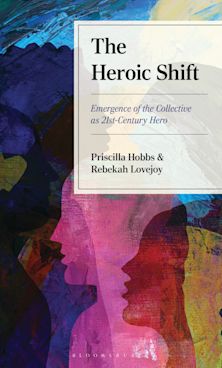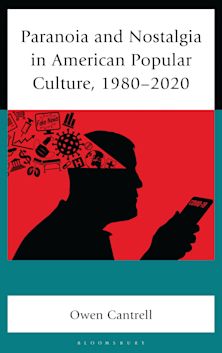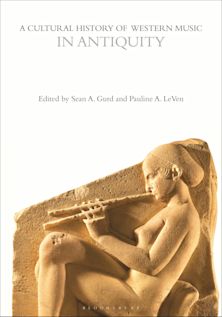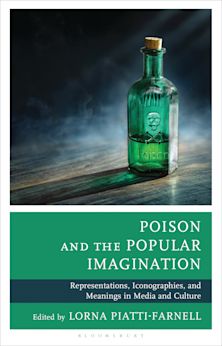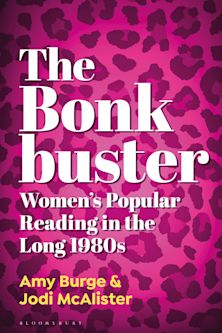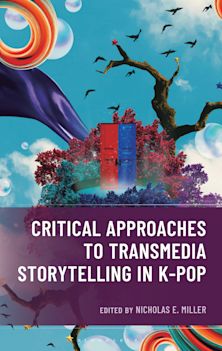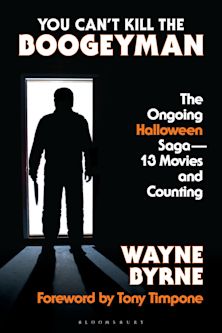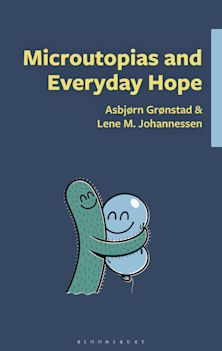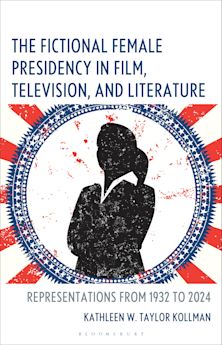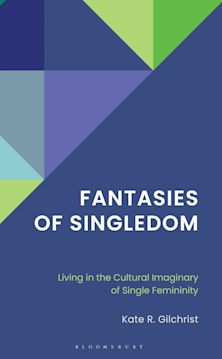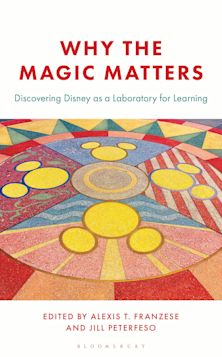Woke Cinderella
Twenty-First-Century Adaptations
Woke Cinderella
Twenty-First-Century Adaptations
This product is usually dispatched within 2-4 weeks
- Delivery and returns info
-
Flat rate of $10.00 for shipping anywhere in Australia
Description
Glass slippers, a fairy godmother, a ball, a prince, an evil stepfamily, and a poor girl known for sitting amongst the ashes: incarnations of the "Cinderella" fairy tale have resonated throughout the ages. Hidden between the lines of this fairy tale exists a history of fantasy about agency, power, and empowerment. This book examines twenty-first-century “Cinderella” adaptations that envision the classic tale in the twenty-first century through the lens of wokenesss by shifting rhetorical implications and self-reflexively granting different possibilities for protagonists. The contributors argue that the "Cinderella" archetype expands past traditional takes on the passive princess. From Sex and the City to Game of Thrones, from cyborg "Cinderellas" to Inglorious Basterds, contributors explore gender-bending and feminist adaptations, explorations of race and the body, and post-human and post-truth rewritings. The collection posits that contemporary “Cinderella” adaptations create a substantive cultural product that both inform and reflect a contemporary social zeitgeist.
Table of Contents
Part I: Girl Power: Feminist and Queer Readings
Chapter 1: Gen Z Cinder(f)ellas: Girl Powered Gender Adaptations in the A Cinderella Story Films by Sarah E. Maier and Jessica Raven
Chapter 2: "With this Shoe I Thee Wed”: Cinderella as Agent of the Backlash in The Devil Wears Prada (2006) and Sex and the City (2008) by Aoileann Ni 'Eigeartaigh
Chapter 3: “Have Courage and be Kind”: The Emancipatory Potential of 21st Century Fairy Tale Adaptations of “Cinderella” by Svea Hundertmark
Chapter 4: Two Centuries of Queer Horizon: Rodgers and Hammerstein's Cinderella by Christine Case
Part II: (Re)Production: A Classic Tale Told Anew
Chapter 5: Queen of the Ashes: Daenerys Targaryen, Cinderella of the Apocalypse, and Her Mirror Prince, in Game of Thrones by Loraine Haywood
Chapter 6: Forgive me Mother for I have Sinned: Cinderella's Stepmother meets Derrida's Forgiveness by Brittany Eldridge
Chapter 7: Tiana Just Isn't Woke: Reassessing the “Cinderella” Narr
Product details
| Published | 14 Oct 2020 |
|---|---|
| Format | Hardback |
| Edition | 1st |
| Extent | 286 |
| ISBN | 9781793625946 |
| Imprint | Lexington Books |
| Dimensions | 228 x 161 mm |
| Series | Remakes, Reboots, and Adaptations |
| Publisher | Bloomsbury Publishing |
Reviews

ONLINE RESOURCES
Bloomsbury Collections
This book is available on Bloomsbury Collections where your library has access.












